-
Call us
+91-9229434882,6206004468 -
Visit us
www.assc.in -


When we talk about health and well-being in foundation, we typically refer to the fundamental principles, practices, and structures that support long-term health and overall well-being. This is crucial in setting a strong base for both individuals and communities to thrive.
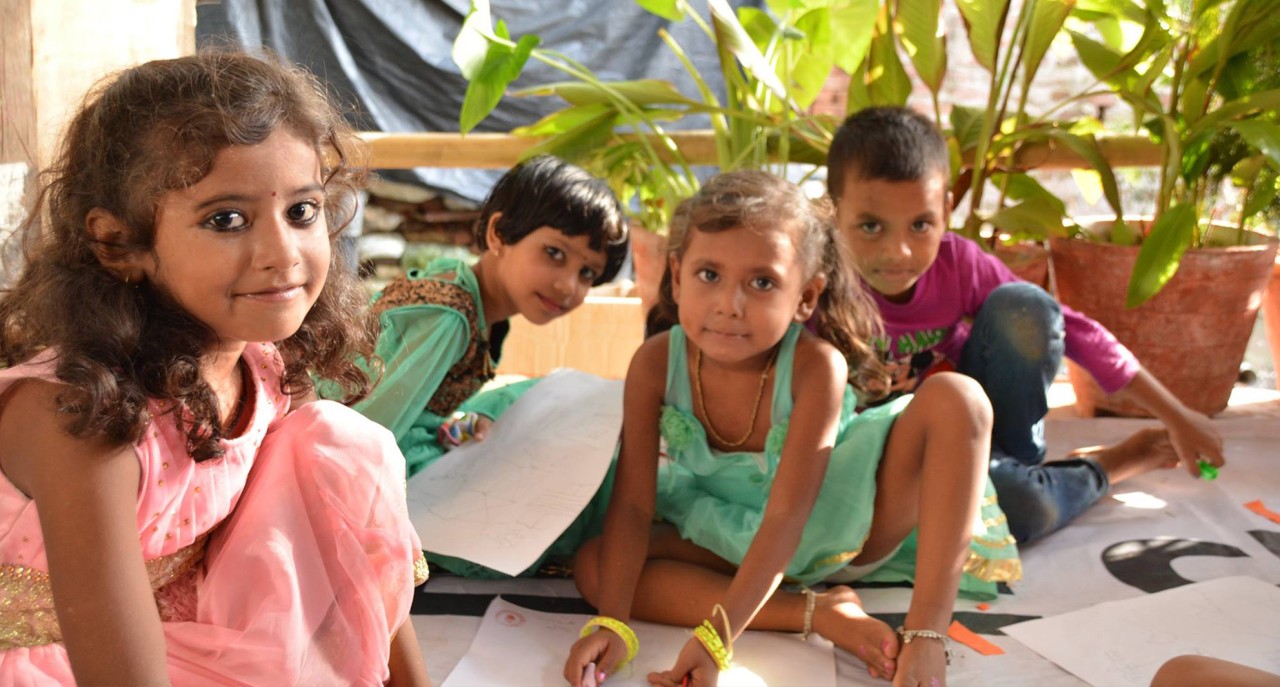
Quality education is a fundamental pillar of both individual and societal development. It ensures that individuals acquire the knowledge, skills, and values necessary to lead fulfilling lives, contribute positively to society, and adapt to the changing world around them.
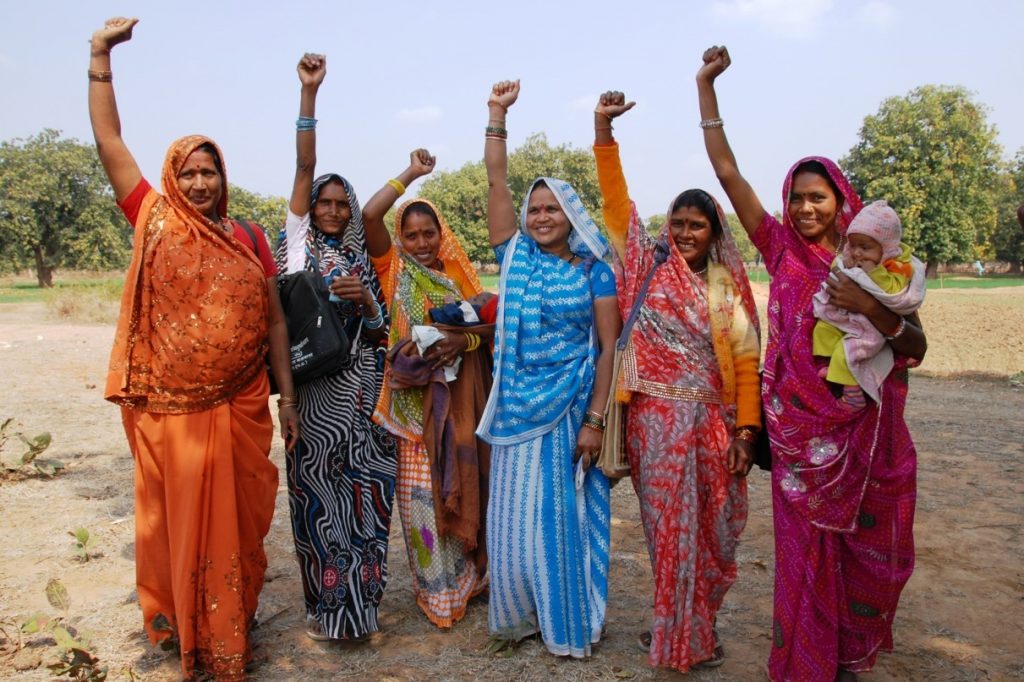
Women empowerment refers to the process of increasing the social, political, economic, and cultural strength of women. It involves promoting gender equality, ensuring that women have access to the same opportunities as men.
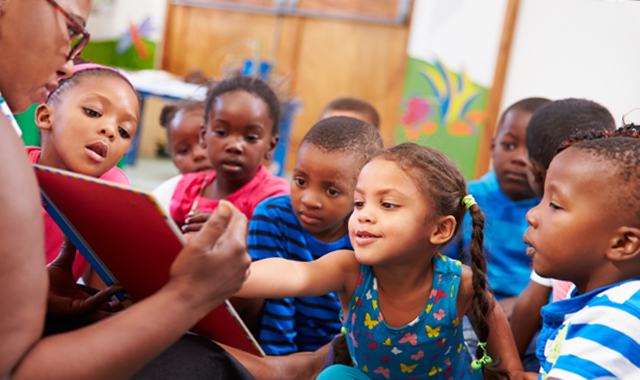
Child care and development is a crucial aspect of a child’s life, as it forms the foundation for their emotional, physical, cognitive, and social well-being. Early childhood is a critical period for brain development.
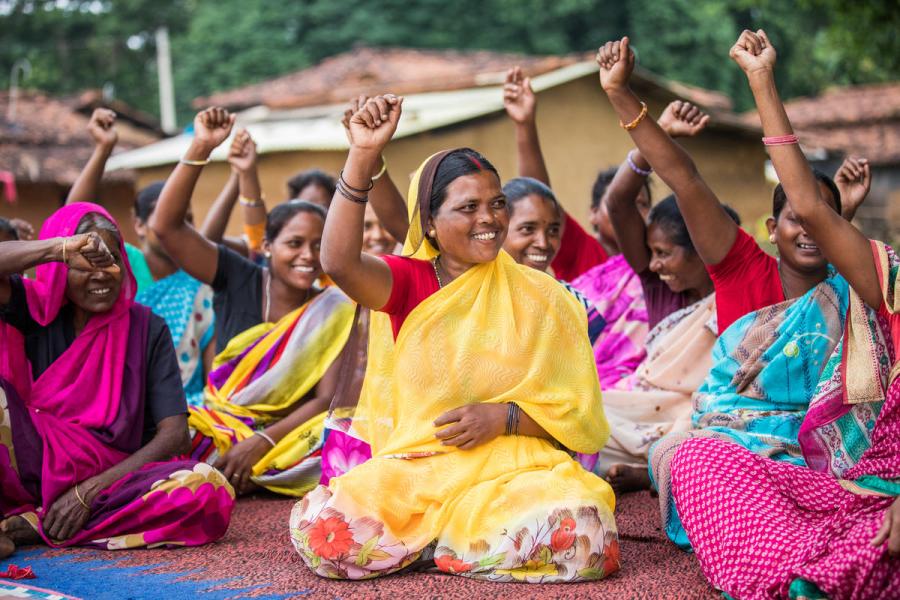
Local self-governance refers to the ability of local communities or local government units (LGUs) to govern themselves, make decisions, and manage their affairs without unnecessary interference from higher levels .

Water, Sanitation, and Hygiene (WASH) are essential pillars for public health and well-being. Access to clean water, proper sanitation facilities, and hygiene practices are critical to preventing disease, improving quality of life.

Many foundations are focused on combating climate change by supporting policies that reduce carbon emissions, investing in renewable energy, and supporting sustainable agricultural practices. Climate change is an urgent global challenge that impacts vulnerable communities the most, and foundations are investing in innovative solutions to mitigate its effects and adapt to environmental changes.
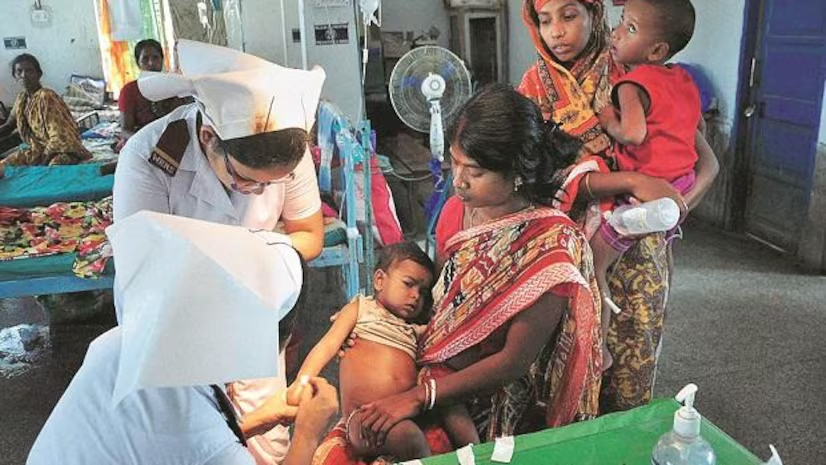
Foundations are addressing disparities in healthcare access, particularly in low-income regions and developing countries. They are funding initiatives for better healthcare infrastructure, vaccinations, and disease prevention, including combating diseases like malaria, tuberculosis, and HIV/AIDS.

There is an increasing focus on improving access to quality education for underserved communities, particularly for girls and marginalized groups. Foundations are working to remove barriers to education, such as poverty, child labor, and gender discrimination, to ensure that all children have access to free and quality education.

The support we received from Aarahi has been truly life-changing. As a rural community, access to clean water was always a major challenge. Thanks to their tireless efforts, we now have a sustainable water supply, which has drastically improved our health and daily lives.!

Working with Aarahi has been a rewarding experience that I will always cherish. They provided us with the tools and training we needed to launch our small business, and in doing so, they helped us escape the cycle of poverty. !

As an educator, I’ve always been passionate about providing quality education to underserved children. Through Aarahi, I’ve had the privilege of seeing our school transform with new educational resources, training, and infrastructure improvements.!